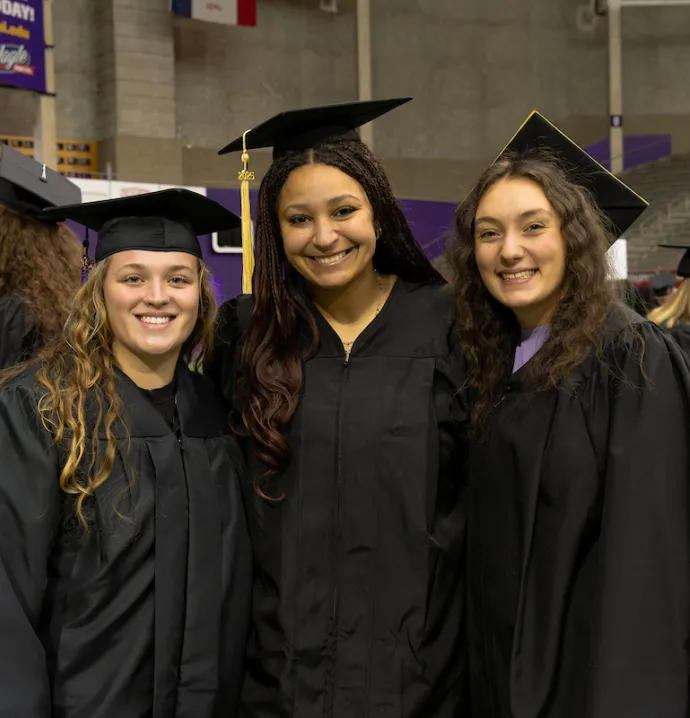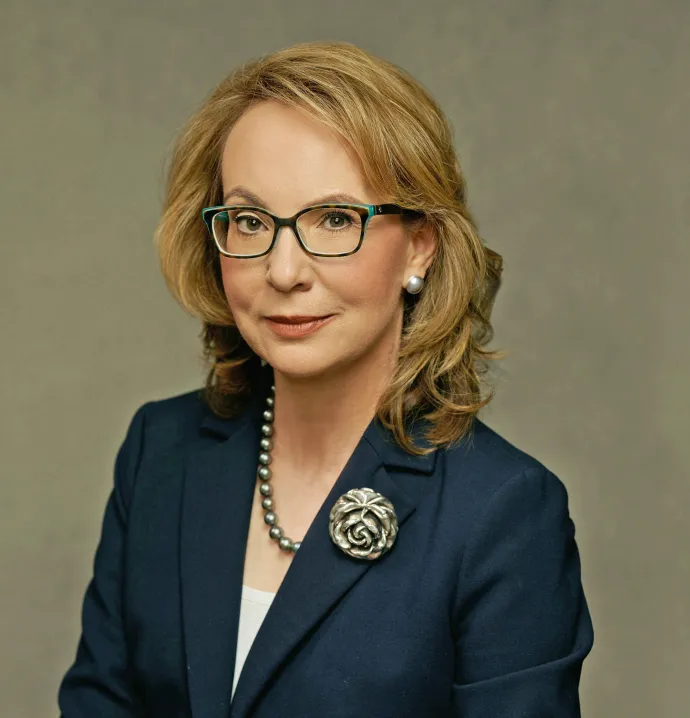President Nook addresses COVID-19 and diversity concerns in annual address
President Nook addresses COVID-19 and diversity concerns in annual address
University of Northern Iowa President Mark A. Nook’s annual address to campus was a little different this year, and not just because he was speaking to his audience virtually.
This year, Nook eschewed the traditional topics of budgetary and legislative issues to focus on two of the most pressing concerns facing the university: dealing with the COVID-19 pandemic and addressing problems with UNI’s diversity and inclusion.
“It's important that we face the brutal facts of our reality,” Nook said. “It's important that we focus on our mission, our vision, and especially our values as we deal with this pandemic.”
To ensure student safety during their return to campus, Nook pointed to several measures, including a requirement to wear masks in all campus buildings, a reorganization of classrooms so that none are over 40% capacity and reconfiguring the health center so those seeking COVID-19 treatment and testing are kept separate from those using the health center for different reasons.
UNI also acquired the ability to do 200 rapid COVID-19 tests each day that will return results in less than 24 hours. For students who test positive, the university has available contact tracers to help students understand what they need to do to stay healthy and quarantine, and also what people they’ve been in contact with need to do to keep themselves healthy.
The university has also been involved in helping with the state’s economic recovery, Nook said. UNI’s Institute for Decision Making created two surveys for the Iowa Economic Development Authority to gauge how businesses across the state were being impacted by the virus. And Advance Iowa put together webinars and other workshops for small and large businesses across the state to help them understand what they could do to keep their business moving forward during the pandemic.
“The goal was to try to control as much as possible the amount of spread of this disease and be able to keep the university open and be able to keep our local community businesses open as well,” Nook said. “We have a big impact on our community and they have a big impact on us. It's about working together to solve those issues and make sure we can keep not just our students, our faculty and staff healthy, but our entire community and region as well.”
The other main focus of Nook’s speech was addressing the ways UNI is tackling issues surrounding diversity and inclusion.
“As we deal with this global pandemic and COVID-19, it's easy to keep our focus on such a monumental issue for us. But it is important that we also maintain our focus on the social issues of our time,” Nook said. “At the University of Northern Iowa, we have a strategic plan and the overarching goal in our strategic plan is student success, supported by three pillars: diversity and inclusion, community engagement and campus vitality.”
Nook said UNI is committed to improving its diversity and fostering an inclusive atmosphere that provides equal opportunity for all students. But he acknowledged that there is work to do.
Nook noted that, demographically, UNI is about five percentage points behind the state of Iowa in terms of its population diversity, and that black students attending UNI are not graduating at the same rate as white, Latina and Latino, and Asian students.
“We aren't as a society and as a university providing an equitable opportunity for our black students to receive the same level of success,” Nook said. “We do have a lot of work to do to improve the diversity on our campus, both in our students as well as our employee base.”
To combat these issues, Nook pointed to the creation of the Diversity, Equity and Inclusion Advisory Committee, which is tasked with identifying and addressing systemic racism on campus and in the community. UNI also recently completed a campus climate survey, held listening sessions this past spring, engaged in diversity training for senior leadership and completed a police and policy review.
Nook also mentioned UNI’s partnership with the Des Moines Area Community College to create an urban campus that will be the only campus in the state where the majority of students are racial and ethnic minorities.
The Diversity, Equity and Inclusion Advisory Committee put together a Dean’s training to help them understand white privilege and its impact on UNI. The committee will also look at developing approaches to improve the recruitment, retention and the promotion of faculty and staff in different racial and ethnic backgrounds, as well as different genders, gender identities and sexual orientations.
Nook highlighted the creation of the Panther Promise Academy, which will create programs to help students of color successfully transition to college.
“As you can see, we have a very interesting year ahead of us,” Nook said. “We have a lot of work to do to make sure that we can keep our students, our faculty, staff and this greater community healthy as we continue to deal with the pandemic that is COVID-19.
“We also have much work and difficult work to do to improve our commitment to diversity, to inclusion, to equity here on our campus, and within our larger community, because we have an impact on that community, and that community impacts us as well. I look forward to working with all of you on both of these issues as we move the university forward this year.”




